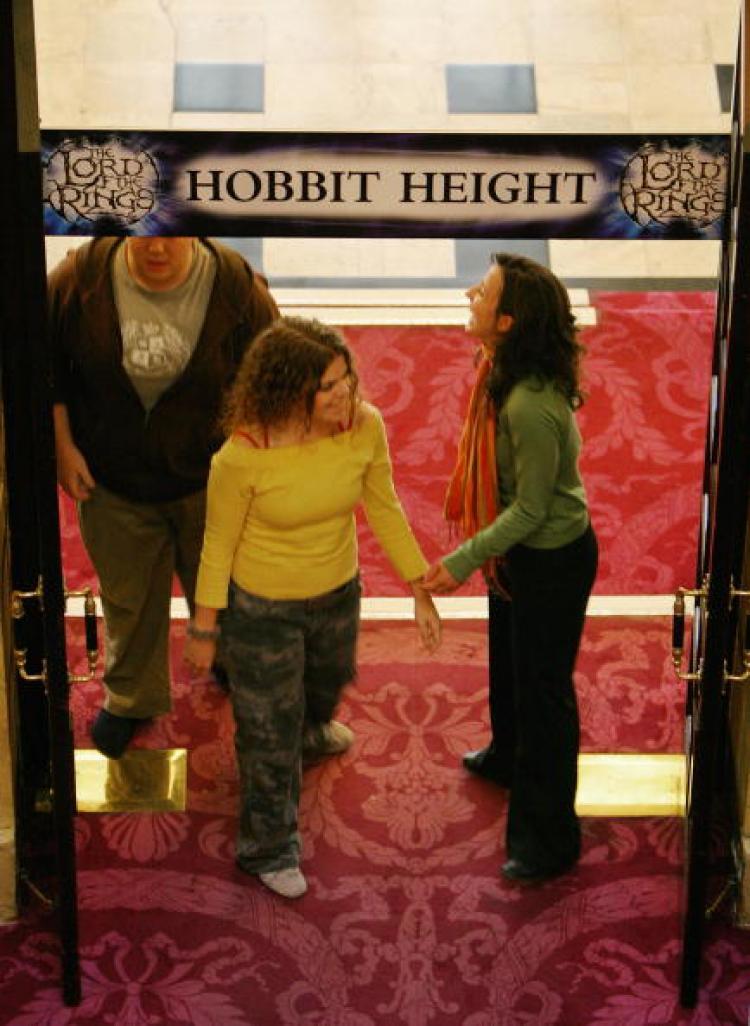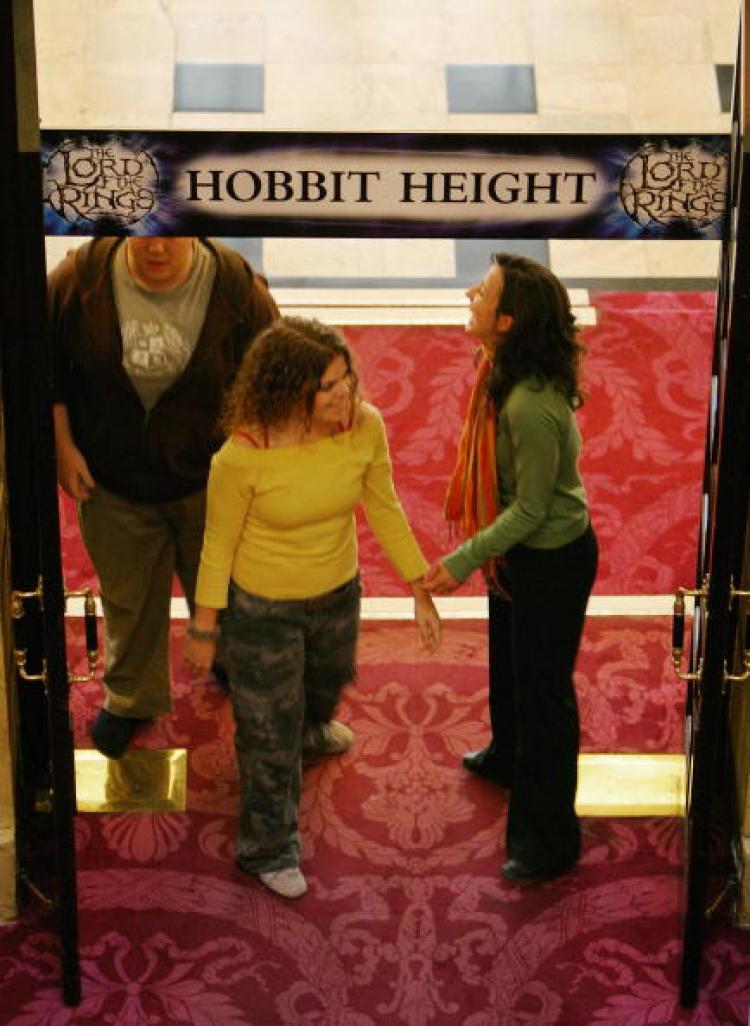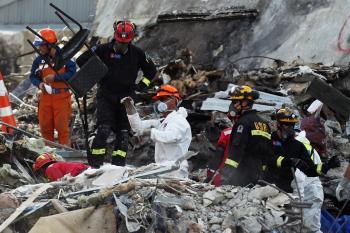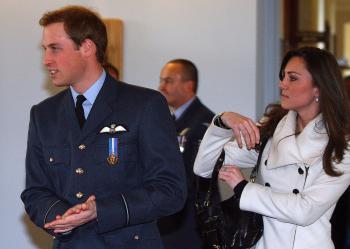‘The Hobbit’ Filming Battle Full of Suspense
Last Saturday the movie was given the go-ahead with shooting to begin in February.
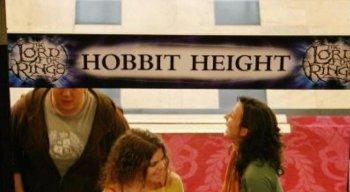
The budding actors and actresses, who almost all complied with a height restriction of being under 5,7 feet had just a matter of seconds to impress directors during the auditions at The Theatre Royal, Drury Lane, in central London. Odd Andersen/AFP/Getty Images
|Updated:
